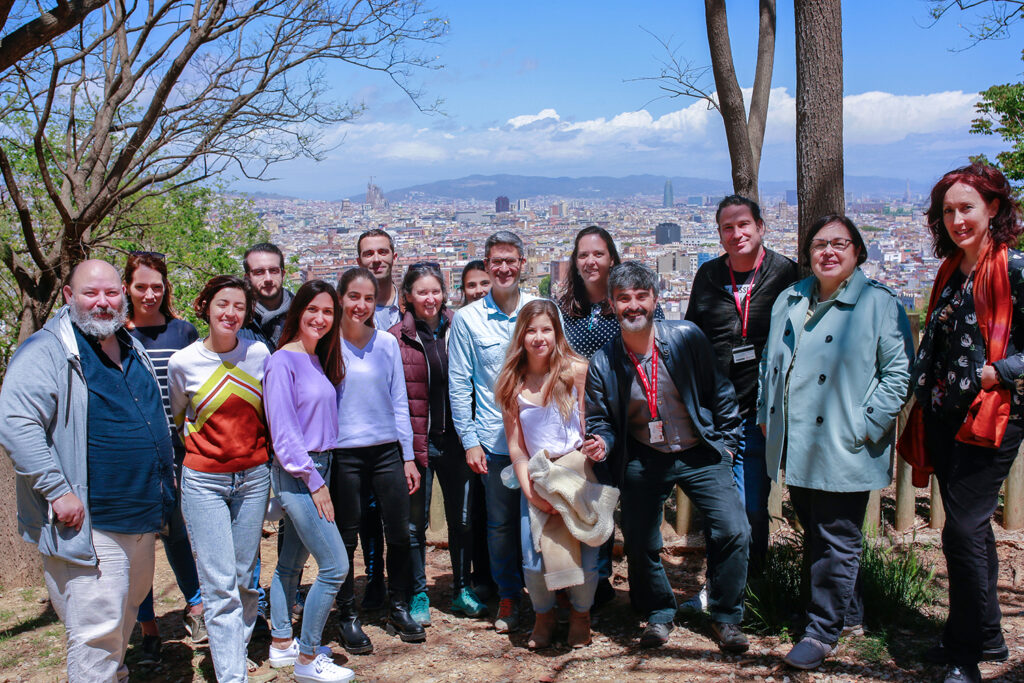An international multicenter consortium involving the Bellvitge Institute for Biomedical Research (IDIBELL) has identified a new mitochondrial syndrome characterized by multisystemic involvement with manifestations such as developmental delay, hearing loss or premature ovarian failure.
In the study, published in the prestigious American Journal of Human Genetics, researchers from the IDIBELL Neurometabolic Diseases group led by the geneticist and ICREA professor Aurora Pujol and researchers from the Germans Trias y Pujol Hospital, the 12 de Octubre Hospital and the Center for Biomedical Research on Rare Diseases Network (CIBERER). The work has been coordinated by William G. Newman, from the University of Manchester.
This new syndrome is caused by mutations in a protein (PRORP) that is part of a complex (mt-RNase P) vital for the proper functioning of mitochondria, the powerhouses of cells. The authors have identified these mutations in 4 families that are not related. Affected people present clinical pictures of varying severity characterized by hearing loss, ovarian failure, delayed development, or degenerative changes in the white matter of the brain (leukodystrophy). This variability in clinical presentation is common in mitochondrial diseases.
The authors show in the study genetic and functional evidence that biallelic variants (present in the two alleles of the gene) in PRORP are associated with this new syndrome.
“The genetic identification of this new disease will facilitate a faster diagnosis in the future, which will allow us to offer a better genetic advice and clinical approach, in addition to expanding our knowledge of myelin and neuronal development“, highlights Dr. Pujol.
Pilar Quijada, from the Hospital 12 de Octubre in Madrid, has also participated in the research. The study has been funded by the CIBERER program, (ACCI19-759), PERIS URD-Cat, La Marató de TV3, the FIS Health Research Fund, and has had the support of the Spanish Association against Leukodystrophy (ELA-Spain).
The Bellvitge Biomedical Research Institute (IDIBELL) is a biomedical research center created in 2004. It is participated by the Bellvitge University Hospital and the Viladecans Hospital of the Catalan Institute of Health, the Catalan Institute of Oncology, the University of Barcelona and the City Council of L’Hospitalet de Llobregat.
IDIBELL is a member of the Campus of International Excellence of the University of Barcelona HUBc and is part of the CERCA institution of the Generalitat de Catalunya. In 2009 it became one of the first five Spanish research centers accredited as a health research institute by the Carlos III Health Institute. In addition, it is part of the “HR Excellence in Research” program of the European Union and is a member of EATRIS and REGIC. Since 2018, IDIBELL has been an Accredited Center of the AECC Scientific Foundation (FCAECC).

